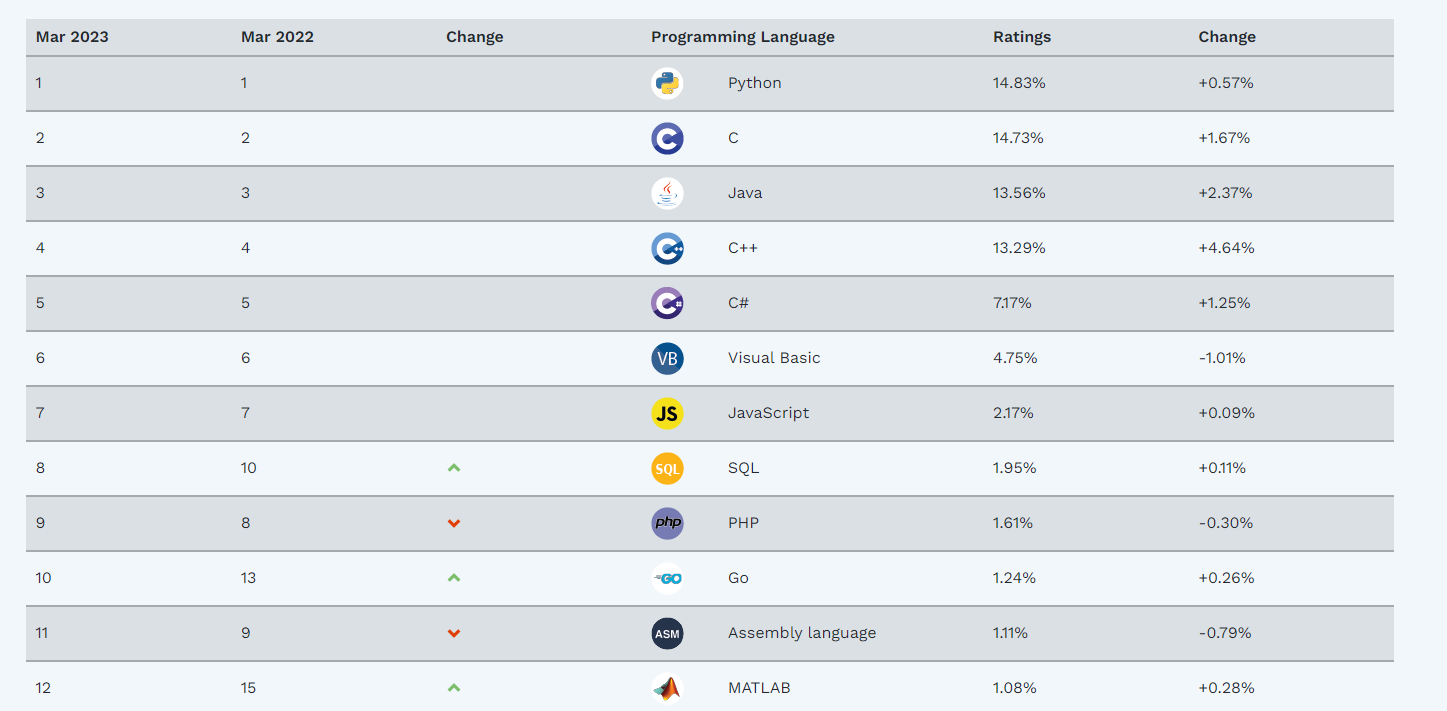C Programming language is one of the most widely used programming languages in the world. It has a long history, having been developed in the early 1970s by Dennis Ritchie at Bell Labs. It is a powerful and flexible language that has been used to develop a wide range of software applications, from operating systems to games.

The main reasons for learning the C programming language are as follows:
Every programmer should learn C language in their programming career because it has too many benefits that cannot be ignored. Besides providing more job opportunities, C language also teaches you more about computers. The benefits it can provide are listed below:
- Low-level programming languages. compared to other programming languages (like C++, Java), C programming language is a low-level language. Overall, low-level programming languages can help you better understand computers. Most computer-related theories, such as computer networks, compiler design, computer architecture, and operating systems, are based on the C programming language. If you are working in these fields, you need to have a good understanding of C programming. In modern high-level languages, machine-level details are hidden from users, so learning C programming is necessary in order to use CPU caches, memory, and network adapters.
- Device drivers and operating systems can only be written in C language. Now, you may have never written a device driver or an operating system, but what if you need to modify them? C programming language is nimble and efficient when dealing with computer hardware.
- Embedded system programming are written in C language. C is widely used in embedded programming. Embedded programming, also known as microcontroller programming, uses C programs to control microcontrollers. Microcontrollers and embedded programming are widely used in fields such as cars, robots, hardware, single-board computers, and FPGAs.
- C programs have fewer lines of code and faster running efficiency. compared to programs written in other languages that achieve the same functionality. Sometimes, only C language can achieve the speed your program needs.
- C language has the basic syntax features of modern high-level programming languages. If you have learned C language, you can learn any advanced programming language now. Because all high-level languages are based on C programming language (like Java, C++, C#, etc.).
- C language has a large number of users and existing code. Because C language has existed for many years, it has a huge amount of user group and a large amount of existing code that can be utilized. This enables you to quickly and efficiently write new algorithms and functions based on past programs.
- C language is a language of open-source organizations. An open-source product, LINUX, is written in C language. If you know C language, you can join this organization and contribute to many open-source organizations, such as participating in Source Forge and contributing to them.
- C language is the only language that explains the essence of pointers to you. C# and Java simply skip the topic of pointers. But pointers do make C language more powerful.
- Many software systems written in C language need to be maintained.
- Game designers and hackers cannot do without C language.
- Portable language. which means that programs written in C programming language can run on other computers. This feature is crucial if we want to use or execute code on another computer.
- When looking for programming and development jobs, C programming language is still the most commonly required language. So it is worth your time to learn it.
It should be emphasized that C language is a high-level and low-level programming language. “High-level” means that it has all the features of high-level programming languages, and “low-level” means that it can replace machine language or assembly language to write high-speed running software programs.
C language has a rich library of functions that can be used, which brings great convenience to programming and improves programming efficiency. C language has a complete range of library functions, including standard input and output (stdio.h), mathematical functions (math.h), storage allocation (malloc.h), and string functions (string.h), among others. Implementing memory allocation in computer systems through C language programs and their storage allocation functions is an irreplaceable implementation.